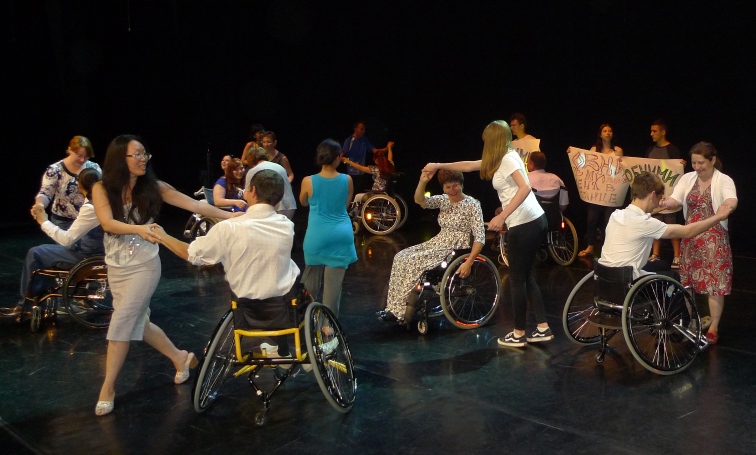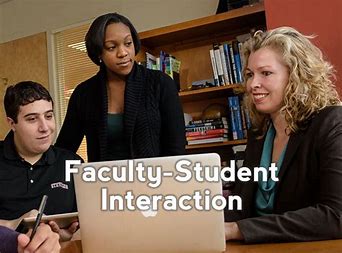I missed the memo the first week that there were themes each week we could write about. When I saw this weeks theme, it started me thinking about how I have included students in my classroom and what inclusivity really means. Here are some of these thoughts (maybe a little scatterbrained 😉 )
In previous semesters I have had students with certain accommodations for their vision or hearing and it has sometimes been challenging to make sure that I actually accommodate them. I tend to talk fast when I teach, especially when it is a favorite topic. These students that have a hard time hearing were having trouble keeping up with me. I really had to slow down so that they could hear and understand what I was saying. For those students who had a hard time seeing, I had to make sure that I wrote legibly and chose colors that were easily able to see. I guess the point I am trying to make is that I had to stop and think about how I was teaching and how I could become better during my lessons.
Sometimes I think we take for granted what comes easily to us, at least I know I do. Whether we have difficulty seeing, hearing (or doing math), we all have our own story that can make learning or enjoying something difficult. I try to remind myself this and adapt my teaching to the needs of my students each semester. I believe this has made me a better teacher, but know there is always room for improvement 😉

 One of the many contributing factors to your self-esteem is social comparison (McCornack, 2016). Comparing ourselves to others impacts how we see ourselves. It’s our measuring stick. We use it to see how we size up against others. Social media has introduced society to the ultimate measuring stick. Every day we are inundated with posts and images of others we think are better than us, or are living the lives we want to live. Students see images of their friends graduating from universities, while they are here at the community college. Faculty see posts from colleagues who are getting published, being awarded grants, and obtaining Ph.D.’s. Staff see individuals getting promoted to higher positions in education and think to themselves, why not me? We feel like if we are not famous, or doing anything significant that is on the level of Michelle Obama or Oprah Winfrey, that we are not important, that we do not matter, and that we don’t have value or worth.
One of the many contributing factors to your self-esteem is social comparison (McCornack, 2016). Comparing ourselves to others impacts how we see ourselves. It’s our measuring stick. We use it to see how we size up against others. Social media has introduced society to the ultimate measuring stick. Every day we are inundated with posts and images of others we think are better than us, or are living the lives we want to live. Students see images of their friends graduating from universities, while they are here at the community college. Faculty see posts from colleagues who are getting published, being awarded grants, and obtaining Ph.D.’s. Staff see individuals getting promoted to higher positions in education and think to themselves, why not me? We feel like if we are not famous, or doing anything significant that is on the level of Michelle Obama or Oprah Winfrey, that we are not important, that we do not matter, and that we don’t have value or worth.



